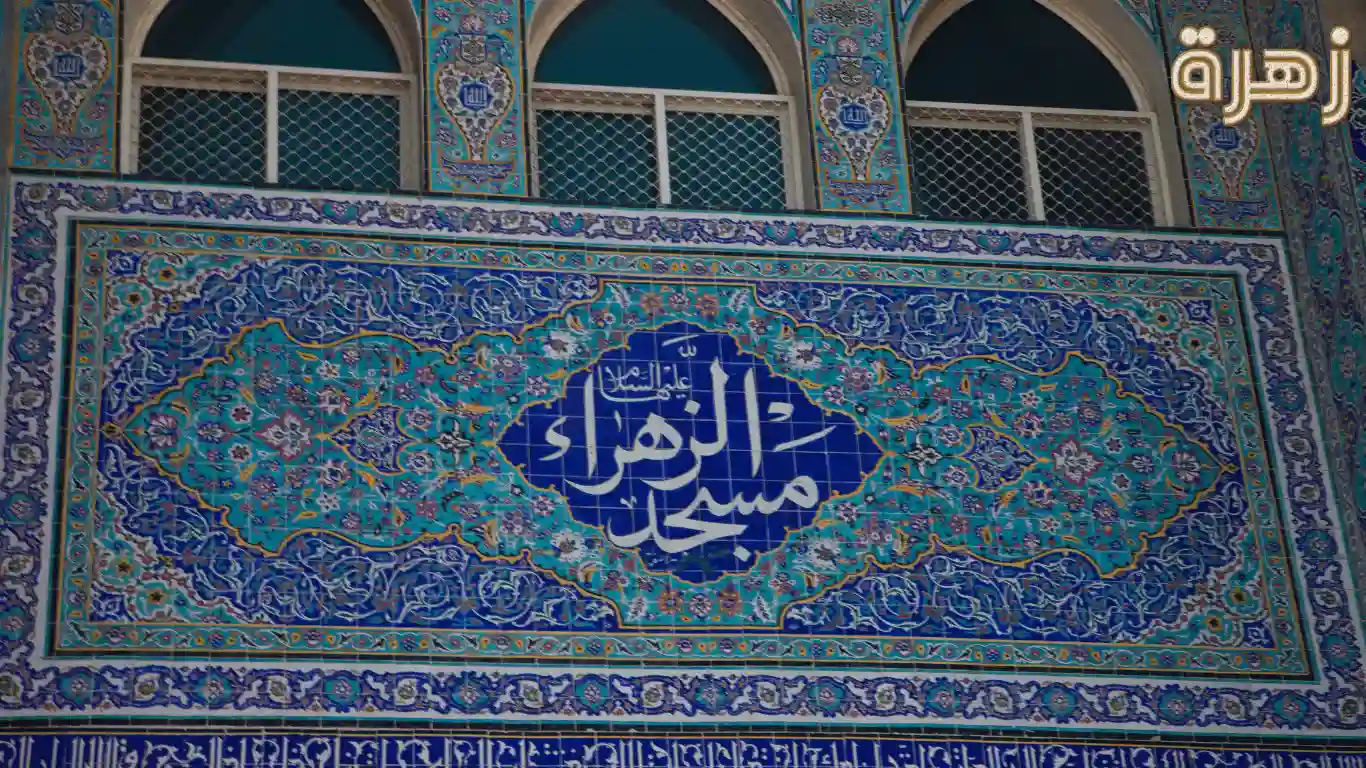Introduction
The phrase Ya Zahra resonates deeply with the hearts of millions of Muslims across the globe. It is a term of reverence used for Bibi Fatima Zahra (A.S.), the beloved daughter of the Holy Prophet Muhammad (PBUH). Her name symbolizes purity, strength, and an unmatched legacy of sacrifice. In Shia traditions, reciting Ya Zahra invokes a sense of spiritual connection and admiration for her noble character.
The “Ya Zahra” lyrics express profound love and dedication to Bibi Fatima Zahra, highlighting her significance in the lives of her followers. Each verse serves as a reminder of her grace, her trials, and her divine status. These lyrics are not merely poetic lines but are heartfelt supplications and reflections on her life and struggles.
The Significance of Bibi Fatima Zahra (A.S.)
Bibi Fatima Zahra (A.S.) holds a pivotal place in Islamic history. She was not only the daughter of the Prophet Muhammad (PBUH) but also a symbol of virtue, humility, and unwavering faith. Her life was filled with challenges, yet she remained steadfast in her devotion to Allah and her role as a mother, daughter, and leader.
Her tragic experiences, from the loss of her father to the persecution she faced after his death, have made her an eternal symbol of patience and resilience. The Ya Zahra lyrics encapsulate this emotional journey and reflect the love that her followers carry in their hearts.
| Baap Ki Shan Naat Lyrics in Urdu |
| Ghouse Azam Naat Lyrics |
| A Look at Tu Shahe Khuban Lyrics |
| Lamyati Naat Lyrics Unveiled |
Breaking Down the “Ya Zahra” Lyrics
- A Call for Help (Tere Dar Pe Istagasa Hai)
The lyrics begin with a call for assistance and protection from Bibi Fatima Zahra. The writer seeks refuge under her spiritual guidance, acknowledging her power to offer peace and safety to those who seek it. - The Power of Her Intercession (Tu Hame Hifz Aur Ama Dede)
Bibi Fatima’s ability to protect and bless is praised. The lyrics highlight her unique status granted by Allah, where she can bestow peace and intercede for those in need. - Tears and Supplications (Ansuo Me Dua Mangi Hai)
The third verse speaks to the deep emotional connection with Bibi Fatima. The poet mentions how prayers have been offered with tears, reciting her praises in moments of sorrow. - The Generosity of Her Court (Tera Darbar Wo Sakhi Dar Hai)
This verse depicts Bibi Zahra’s court as a place of immense generosity, where even angels seek help. It emphasizes her elevated status and the humility of all who come before her.
1:
2:
Conclusion
The Ya Zahra lyrics are not just songs of admiration but a form of spiritual expression. Each word reflects a deep connection to Bibi Fatima Zahra (A.S.), reminding us of her timeless influence and the role she plays in the hearts of the believers. The emotional depth of these lyrics brings peace and solace to those who recite them, strengthening their faith and devotion.
Through the Ya Zahra lyrics, the poet encapsulates the spirit of supplication, remembrance, and undying love for Bibi Fatima. This powerful expression resonates with people, particularly in moments of grief and reflection.
FAQs:
The “Ya Zahra” lyrics express deep devotion and reverence for Bibi Fatima Zahra (A.S.), the daughter of Prophet Muhammad (PBUH). They serve as a spiritual supplication, seeking her intercession and protection in times of need.
Bibi Fatima Zahra (A.S.) is the daughter of the Prophet Muhammad (PBUH). She is known for her piety, patience, and leadership. Her life is a model of virtue, and she holds a special place in the hearts of Muslims, particularly in Shia traditions.
People recite “Ya Zahra” to invoke the blessings and intercession of Bibi Fatima Zahra (A.S.). It is believed that through her, one can attain spiritual peace, protection, and guidance in life.




